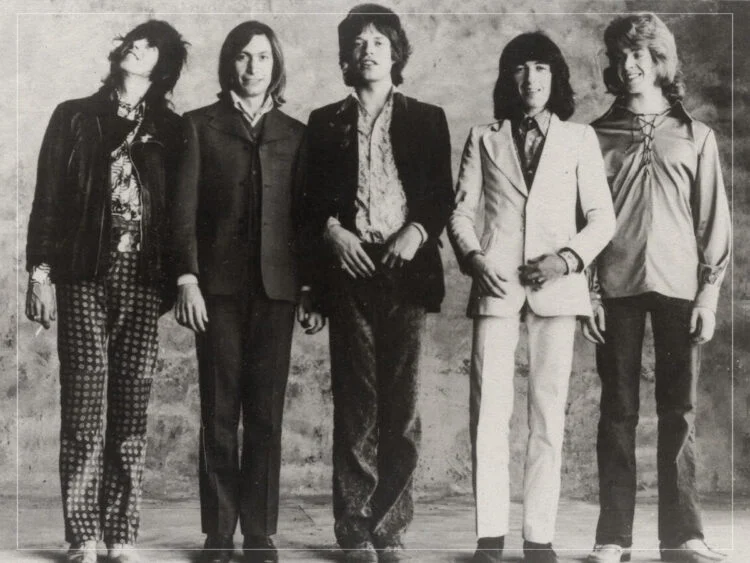Being in a band as tight-knit as The Rolling Stones doesn’t come without its ups and downs every now and again.
There might be some fantastic moments where everything is firing on all cylinders, but there’s only so much time that anyone can devote to five or six people before they want to leave and never talk to their bandmates ever again. But for Keith Richards, he knew that there would always be something bringing them back together, whether they knew it at the time or not.
That’s not to say there weren’t times when things looked bleak. The entire fallout of Brian Jones’s death put them in a dark place for years, and while Mick Taylor did help them through some of their greatest records, his exit from the group gave them Ronnie Wood as their resident new kid in town. ‘Start Me Up’ proved that this version of the band could still be on top of the world, but looking at the kind of styles they were up to in the 1970s, they didn’t have a prayer of looking cool in the 1980s.
This was the MTV generation, and judging by the fact that Mick Jagger thought duetting with David Bowie on ‘Dancing in the Street’ was a good idea, it was probably in everyone’s best interest to switch things up. Even Wood felt that there were moments when the band needed a break from each other. No matter how strong his songs are, if Wood is taking up precious real estate on Dirty Work more often than Jagger and Richards are, that’s bound to be a bad sign.
Although Jagger had threatened to quit The Stones on more than a few occasions by putting out solo albums, Talk is Cheap was the first time Richards felt invigorated making music again, saying, “It was so hot, you could hardly believe it. It brought me back to life. I felt as if I’d just gotten out of jail.” Having everyone from Bootsy Collins to Patti Scialfa wasn’t going to hurt, but it gave the band a breath of fresh air when they finally came back.
Richards had yet another solo album under his belt at this point, but Voodoo Lounge was a return to that classic Stones sound that most people loved. While it wasn’t as piercing or dangerous as what turned up on Exile on Main St 20 years before, it suddenly felt like those heights weren’t as out of reach as most people thought at the time.
And while the guitarist was definitely more hesitant about breaking up the family, he did admit that taking that time off with Talk is Cheap was pivotal for the band staying together, saying, “For the last couple of years, I’ve had to deal with not being [a band member]. At first, it almost broke my heart, [but it makes me] a better Rolling Stone, or makes the Rolling Stones better. I have a little more confidence in myself, by myself.”
It might be disheartening whenever Jagger and Richards aren’t seeing eye-to-eye on something, but some of Richards’s best moments come when he’s left to his own devices. ‘Happy’ was already completed by him on his own while waiting for the rest of the band to show up, but when listening to Crosseyed Heart, you can hear pieces of his artistic self that lean more towards the guttural side of rock and roll, like Tom Waits.
So, really, Talk is Cheap is far more important than being a throwaway solo album that most people realise. The idea of the band continuing on in the 1980s could have been dead and buried had they decided to keep going, but if there’s one lesson to be learned here for any aspiring musician, it’s that sometimes creativity needs some space.
